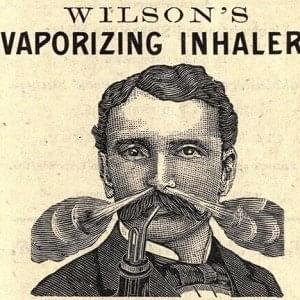Recent findings reveal persistent health disparities in asthma management among minority communities in the United States, despite some progress in reducing cost-related medication non-adherence. A study led by Chung-Hsuen Wu highlights that while the percentage of adults skipping asthma medication due to cost decreased from 23.2% to 13.1% between 2011 and 2022, financial barriers remain significant. One in six adults with asthma still reports delaying or skipping medication, leading to increased asthma attacks and emergency room visits.
The study identifies that younger individuals, females, non-Hispanic Blacks, and those with lower educational attainment or without health insurance are more likely to face these financial challenges. Particularly affected are the “near-poor,” who earn just above the federal poverty level and often do not qualify for Medicaid. Although the Affordable Care Act and Medicaid expansion have eased some financial burdens, disparities persist, especially in the southern U.S., where systemic inequalities are more pronounced.
The Inflation Reduction Act’s Medicare Drug Price Negotiation Program has yet to address asthma medications, leaving questions about future policy directions. Researchers urge healthcare providers to consider cost when prescribing treatments, as financial hardship continues to impact asthma management and outcomes for minority communities. This ongoing issue underscores the need for targeted policy interventions to ensure equitable access to essential asthma medications.
See “One in Six Adults With Asthma Didn’t Adhere to Meds Due to Cost” (December 9, 2024)



